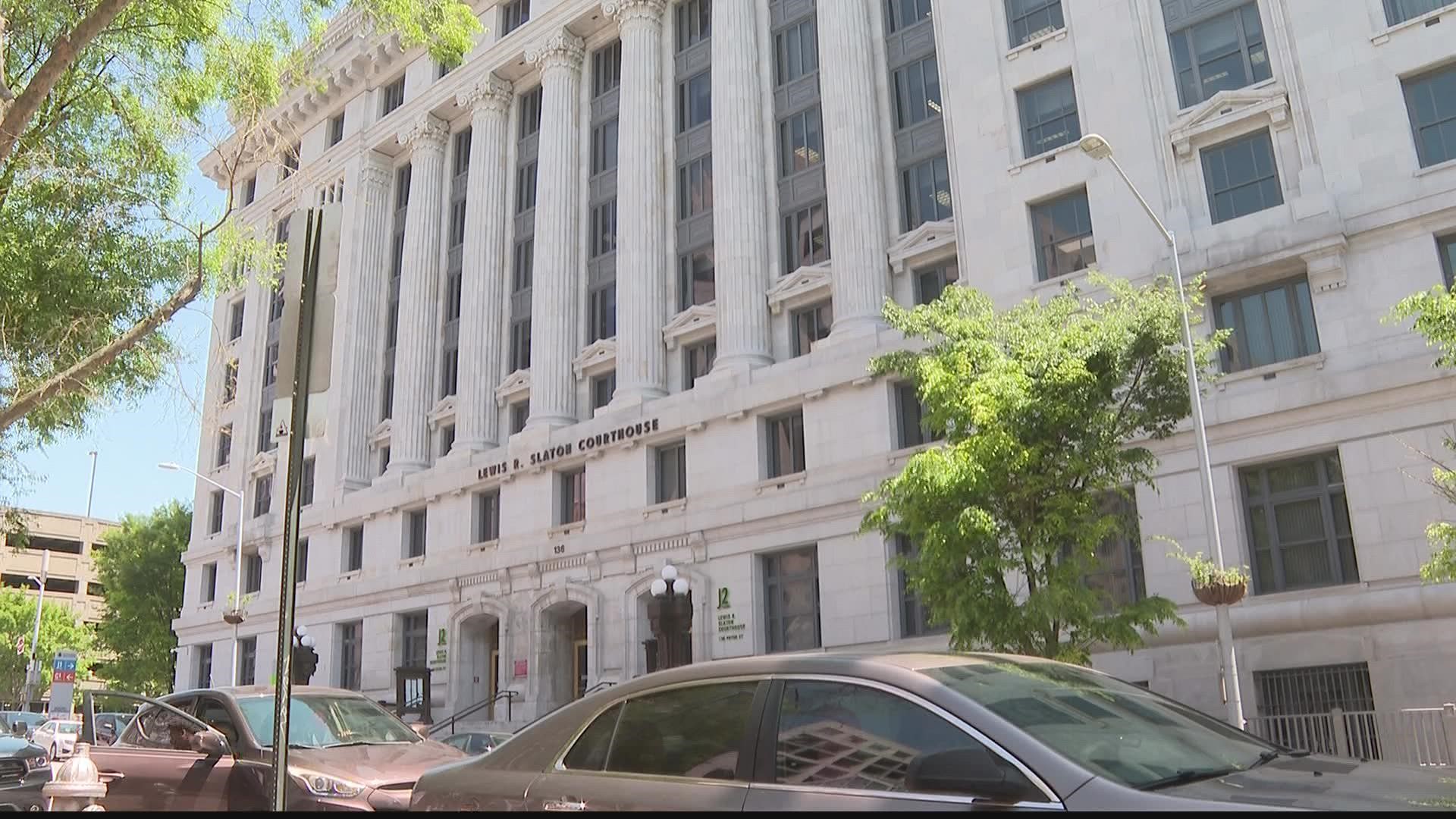ATLANTA — A trial will commence later this month, a Fulton County judge has ordered, in a lawsuit challenging Georgia's "heartbeat" abortion law on the grounds it's unlawful under the state constitution.
Judge Robert C. I. McBurney rejected a state request to delay the trial until after the November midterm elections in an order issued Wednesday.
The trial will begin Oct. 24 and, under the order, is set to last two days.
The lawsuit was brought by the ACLU and a coalition of doctors arguing Georgia's Constitution and its protection for the right to privacy prohibits the law from impeding one's personal and medical decisions.
"The Georgia Supreme Court has robustly protected the right to refuse medical treatment, the right of a prisoner not to be force-fed, and the right to private sexual conduct," ACLU attorney Julia Kaye said in July.
Georgia's law bans abortions at roughly six weeks - the point at which a fetal "heartbeat" can be detected - and was long halted by a federal judge, citing the Roe v. Wade precedent that was reversed this year. After the Supreme Court overruled Roe, the federal courts allowed the Georgia law to take effect.
In August, 11Alive spoke with constitutional attorney Andrew Beal about the lawsuit.
"Everybody is looking at the major issue here, but I think it's the minor or technical issues that are going to really carry the day," he said. "There are certain technical problems with the new Georgia statute, which may well bar it from being enforced in Georgia. And it's not the six-week ban."
Beal said the law could fail on four things:
- Local district attorneys have access to medical records.
- The law makes no exceptions for mental health issues.
- In cases of rape or incest, a woman must report what happened to police before seeking an abortion.
- Doctors must certify medical records to district attorneys.
Judge McBurney, in his order, was unsparing in dismissing the State's reasoning for a postponement.
"...the State has filed a motion seeking to either 'cancel' (not a term of civil procedure with which the Court is familiar) or postpone the trial. The State has offered four reasons for this 'cancellation,' which can be summarized as 'We are really busy with other things,' 'There are no facts in dispute,' 'We don’t know what facts are in dispute,' and 'You can’t do what you are trying to do.' The Court’s response... can be summarized as 'Who isn’t?,' 'There are,' 'You do,' and 'I can.'"
McBurney added: "This case is different and the State knows that. Different cases call for different procedures. Delay here has a fundamentally more significant impact on the lives of many Georgians than in most other cases. The Court finds that this schedule is both workable and reasonable, given the skill, knowledge, and resources already deployed and available to both sides."

